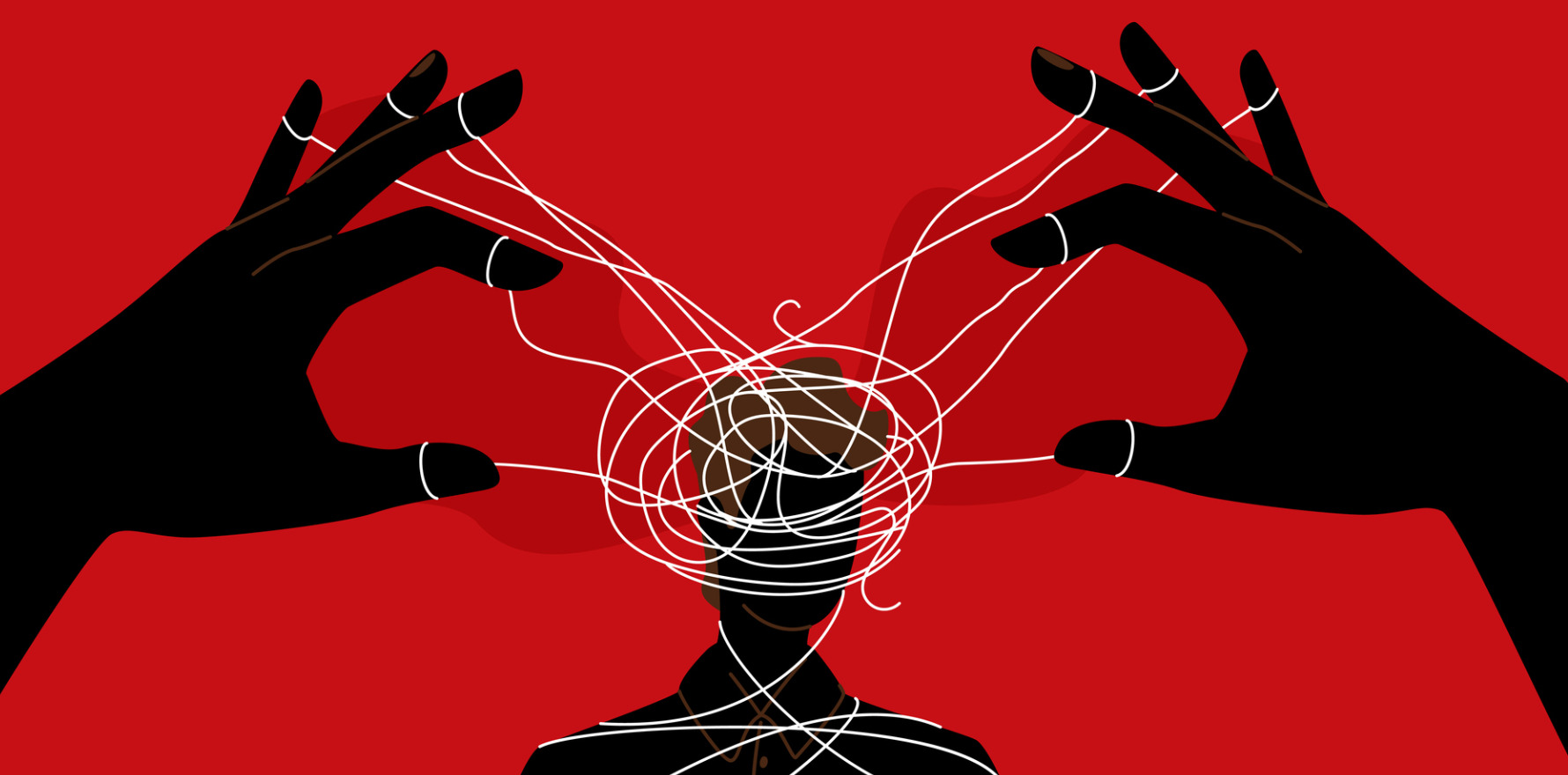Mental Health Australia has made its pre-budget submission, and doesn’t hold back with its 18 recommendations.
Mental Health Australia has called for reform in the primary health network system to improve equity of access to mental health services by concentrating on needs-based, rather than population-based, funding.
In its pre-Budget submission, published today, MHA said the time had come for mental health reform, making 18 recommendations.
“The rate of young people experiencing mental health conditions has increased dramatically, from 25% in 2007 to 40% in 2021,” said the submission.
“[Mental health is] the most common reason people see a GP, and the health issue concerning GPs the most.
“Investment in mental health does not match this emergency. Mental health expenditure has decreased as a proportion of total health expenditure (8% in 2019-20 to 7% in 2020-21) … and mental health expenditure has decreased as a proportion of total health expenditure (8% in 2019-20 to 7% in 2020-21).”
MHA’s call for reform of the PHN funding model is based on evidence that although PHNs already commission local mental health services, those programs only reach “very small” proportions of the population.
“Effective service delivery and coordination is hampered by current funding processes,” the MHA submission said.
“The Australian Government should increase the capacity of PHNs to improve equitable access to mental health services, through additional resourcing for block-funded mental health services to meet local needs.
“Further, the Australian Government should revise PHN funding models to be proportionate to varying needs (rather than simply population levels) across different regions.
“To ensure appropriate implementation of additional resources, the Australian Government must also ensure appropriate indexation is included for commissioned providers to deliver these services.
“Along with the broader mental health sector, longer funding contracts are also required to better support service planning, workforce retention and grant efficiency.”
MHA praised the federal government for “progress made” with welcome investments to establish new lived experience and family, carer and kin peak bodies; continue rollout of Head to Health Centres and Kids Hubs; progress mental health workforce development; improve access to GP and allied health mental health support through the Strengthening Medicare initiative; and continue core national digital mental health services.
“The government must now build on this work.”
The 18 recommendations in the submission are:
- Develop and fund implementation of a multi-year mental health reform roadmap, co-designed with the sector and people with lived experience and their family, carers and supporters, backed by outcomes data and strong accountability mechanisms;
- Adjust Australian government funding for community mental health services to five-year funding cycles to ensure certainty in service delivery for both the community and the sector;
- Provide $953,830 (GST exclusive) in continued funding in 2024-25, for Mental Health Australia to continue to support lived experience leadership and representation during the establishment phases of the two new lived experience peak bodies;
- Fund development of a robust mental health assessment and referral tool, to be used across the range of services people first seek mental health support, and from 2025-26 include ongoing funding for implementation and continual improvement;
- Fund the establishment and ongoing delivery of a national low intensity support service; fund the collection and monitoring of low intensity and digital mental health service data, to enable continual evolution of low intensity and digital supports; fund initiatives and incentives to promote awareness and use of digital and low intensity services, informed by research with community members and referring professionals on specific barriers to uptake;
- Together with State and Territory Governments, invest in psychosocial supports outside the NDIS to assist people with severe and persistent mental ill-health currently unable to access supports; commit funding to undertake a thorough consultation on new psychosocial service arrangements with people with lived experience of mental ill-health, family, carers and supporters, service providers and other stakeholders;
- Increase access to multidisciplinary care for people with complex mental health needs, through leveraging Head to Health and other PHN commissioned service models, and primary care reforms;
- Improve equity in access to mental health services by reforming PHN funding models, including increasing PHNs capacity to meet local mental health needs; adjusting funding to be based on need not just population; and addressing indexation and contracting issues in PHN commissioning processes;
- Commit funding to implement the National Mental Health Workforce Strategy, in partnership with States and Territories, and establish a mechanism for lived experience and sector involvement to evolve the Strategy and monitor its implementation;
- Provide seed funding to establish a professional association for the Lived Experience (Peer) workforce;
- Continue to address blockages in mental health workforce training pathways by expanding funding for Commonwealth Supported Places for mental health disciplines; investing in training uptake by CALD and First Nations community members; increasing support for paid student placements and graduate programs, and streamlining processes for graduates from international backgrounds;
- Support sustainable development of the workforce to deliver low-intensity mental health services by developing national standards and accreditation;
- Fund full implementation of the National Children’s Mental Health and Wellbeing Strategy;
- Provide immediate and ongoing support for First Nations peoples’ mental health and
- social and emotional wellbeing, through supporting Gayaa Dhuwi (Proud Spirit) Australia’s proposal to support Aboriginal and Torres Strait Islander young people following the referendum; funding delivery of the Gayaa Dhuwi (Proud Spirit) Declaration Implementation Plan and renewed National Aboriginal and Torres Strait Islander Suicide Prevention Strategy, in partnership with State and Territory Governments and working closely with Gayaa Dhuwi (Proud Spirit) Australia.
- Fund development of an online, national, accredited cultural safety training package for the Australian mental health workforce, to increase access to culturally safe mental healthcare;
- Review income support payments to meet ongoing reasonable costs of living, including health costs;
- Working with State and Territory Governments, commit funding to expand access to existing, effective integrated housing and mental health support; and
- Invest in expansion of mental health carer respite services.
The full submission is available here.
Do you have a story tip for us, or a topic you would like to see us cover? Contact the editor at editor@healthservicesdaily.com.au.



